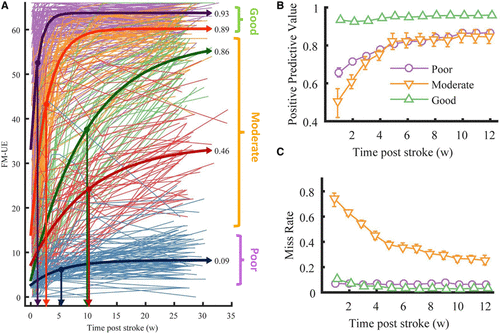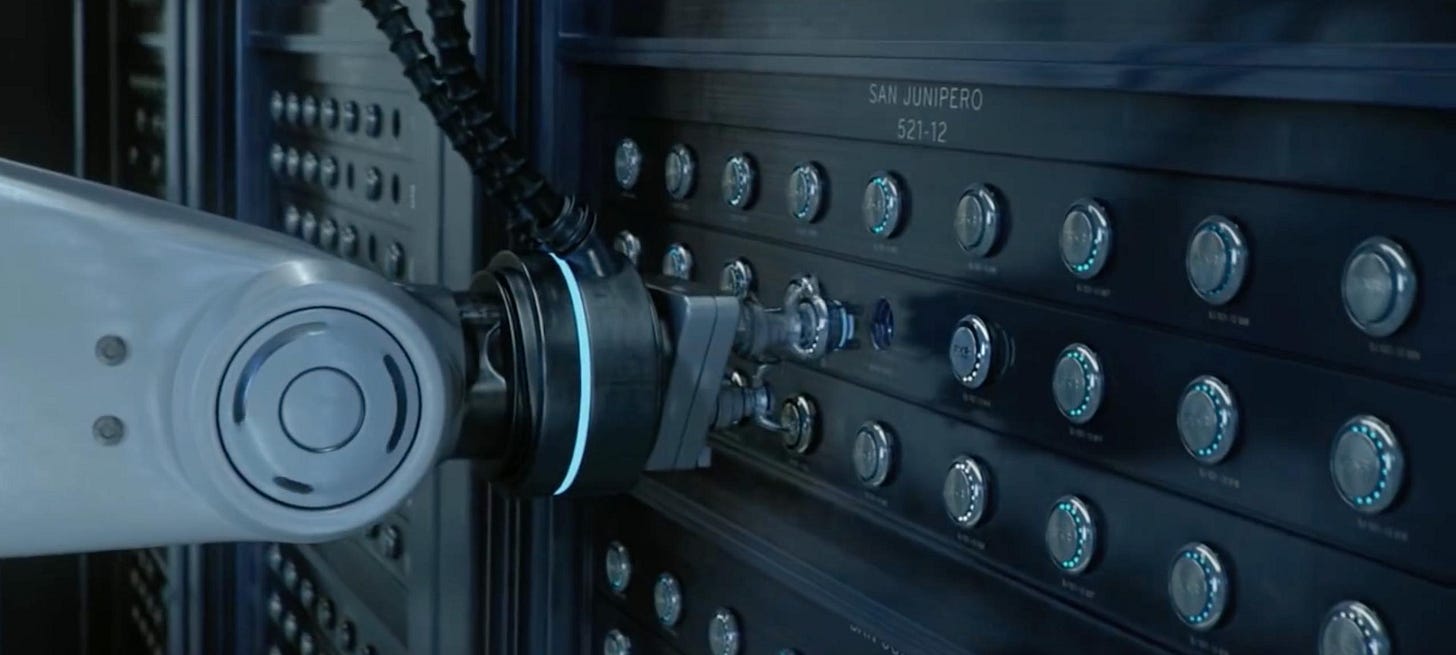The Future I Want to Build
Long-term bets on Medicine, AI, and Humanity
These are the future I deeply care about. If I have created substantial worldwide impact in any of these futures, then I consider my life’s mission fulfilled.
Medicine
reversing the ‘irreversible’
This is one of the most hopeless problems that I know. In medicine, certain conditions are perceived as ‘irreversible’ and what’s left is passive care without hope of cure. This loss of function is devastating and permanent for the patient and their family.
For example, most severe congenital neurologic diseases does not include real hope that the patient will get better someday. Back in med school when doing pediatric rounds, I was daunted by the mere imagination that my child might have a severe congenital neurologic condition. It was like staring into the abyss with no hope ahead.
This irreversibility is not limited to congenital conditions. Stroke patients cannot expect their motor and sensory function to dramatically get better, even through extensive rehabilitation. Dementia is also a constant degrading process. Autoimmune diseases are conceived as a progressive process as well, and we assume the conditions irreversible.
This is why a stroke is fundamentally different from a broken arm, because the latter is merely a temporary state of injury and the patient can fully recover to his normal self as if it never happened, whereas the stroke patient is constantly reminded of his/her loss of function for the rest of their lives.
This falls into the second main pillar of medicine (written in things that won’t change): effectiveness of treatment. There is no cure for these irreversible diseases yet.
Any medicine that can make the irreversible reversible captures my attention. At the moment the prominent candidates seem to be CRISPR-Cas9, BCI and stem cells. I strongly believe this future must arrive.
superhuman abilities
A future where biological limitations are overcome through science and technology. I believe these ‘superhuman’ abilities will lead to unlocking new horizons of individual leverage and freedom.
One example of this is memory. The human memory is volatile, and this leads to a waste of effort for students and knowledge workers. This is a personal problem: I have experienced deep frustration in med school when it felt like such a waste of time to keep memorizing raw knowledge because I couldn’t clearly remember what I’ve memorized 2 days ago. Back then all I wanted was a photographic memory.
This is an area of enhancing the normal human condition, rather than curing a disease. Advances in neuroscience, new interfaces such as VR/AR and BCI, and advances in AI are making this a highly probable future.
10x accessibility
This falls into the first main pillar of medicine (written in things that won’t change): Space-time accessibility.
Hospitals have two roles. The first is a knowledge center, and the second is a treatment center (e.g. surgery and interventions).
Of these two roles, I believe the first one to be disrupted within a decade, because of AI and the scaling law. I do not anticipate ‘treatment’ to be disrupted as soon, because it would require another breakthrough in another field such as robotics. After all those years and funding, we still don’t have a fully automated self driving car, which illustrates to the difficulty of automating a manual labor.
I believe in a future where everyone can get medical assistance to a degree of magnitude better than the current status quo.
precision medicine
Tailoring treatments and prevention strategies to the unique genetic, environmental, and lifestyle factors of each individual. A future where all patients receive the most personalized and optimal healthcare possible.
Genetic sequencing costs is famously decreasing at a faster rate than Moore’s law, and advances in AI are leading to sparks of potential breakthroughs, such as AlphaMissense.
Control and visibility is a part of human desire, and this is a long-to-be-realized vision of the medical world. This paradigm shift is long overdue because of its difficulty.
New modalities of data (such as CGMs) unlock new possibilities to connect the dots and shed a light upon our ignorance. I consider these changes inevitable, just a matter of when.
AI
freedom
freedom of time, freedom of labor
I want to build a world where people are not held hostage to their day-to-day labor. Physicians are a great example of these. I want to make people more scalable, so that they can finally live the life they’ve wanted to live.
There is discrepancy between short term rewards and long term rewards, another area of human fallacy and a potential candidate for disruption.
increased leverage of an individual
A future where I don’t have to wait for an external expert or an external approval. More power to the individual, more freedom from the system, with no dependencies.
Canva, Shopify, and DistroKid are examples of this mentality. Empowering users to do what they desire without an expert’s assistance, democratizing the expert barrier and empowering the individual.
digital eternal life
I believe a new form of a replicator may emerge: the ‘self’.
The first two replicators in human civilization were the gene, and then the meme, coined by the famous Richard Dawkins. I believe a third wave can come.
The ‘self’ is a representation of my preferences, my personality, my synaptic connections. It’s like my brain child, and it can be saved up forever like in <San Junipero> from Black Mirror.
Imagine every bit of information that makes up who you are, condensed in a chip. That digital self is self-replicating itself inside a virtual world, and the chip itself is stored safely forever like Github’s Arctic Code Vault project.
This speaks to the ubiquitous human desire of eternal life. I believe this is a more plausible way of achieving eternal life than, say, cryonics.
loneliness
Humans are wired deep inside our genes to be social beings so we will keep getting gratification from social interactions. Because genes take a long time to evolve, these deeply engrained behavior will not change for the foreseeable future.
With rapid developments in AI, the world will become more personalized and self efficacy will decrease among people. The need for human touch and human warmth will not change. These depict a more lonely, bleak future for humanity.
Again a personal note — I have felt my share of loneliness growing up and studying in med school. I do agree that a healthy dose of solitude leads to original thinking and self awareness, but I worry a societal shift in this direction may lead to fragmentation and apathy.
These are the worlds that I want to build, the inevitable future to come.
If you are interested in these agendas, let me know.




